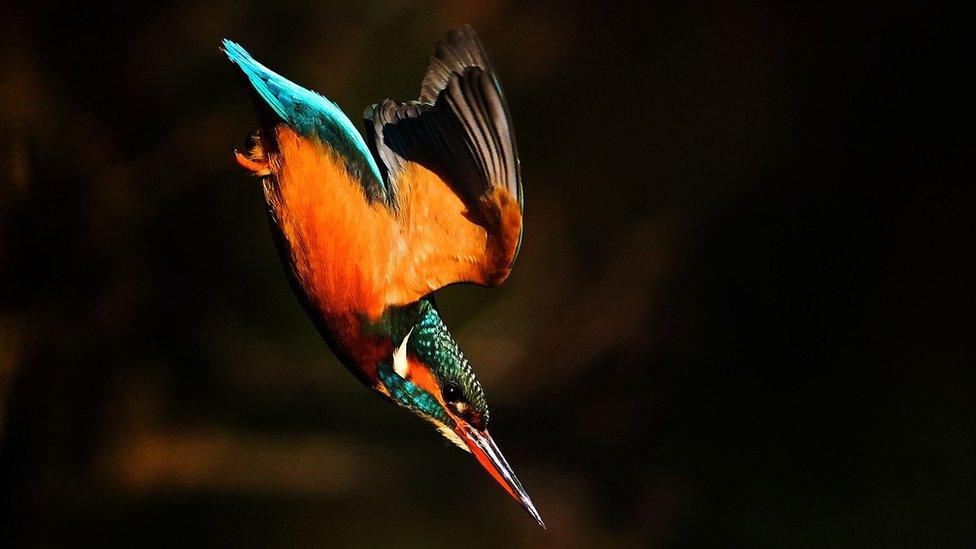David Attenborough series 'shines light on NI wildlife'
- Published
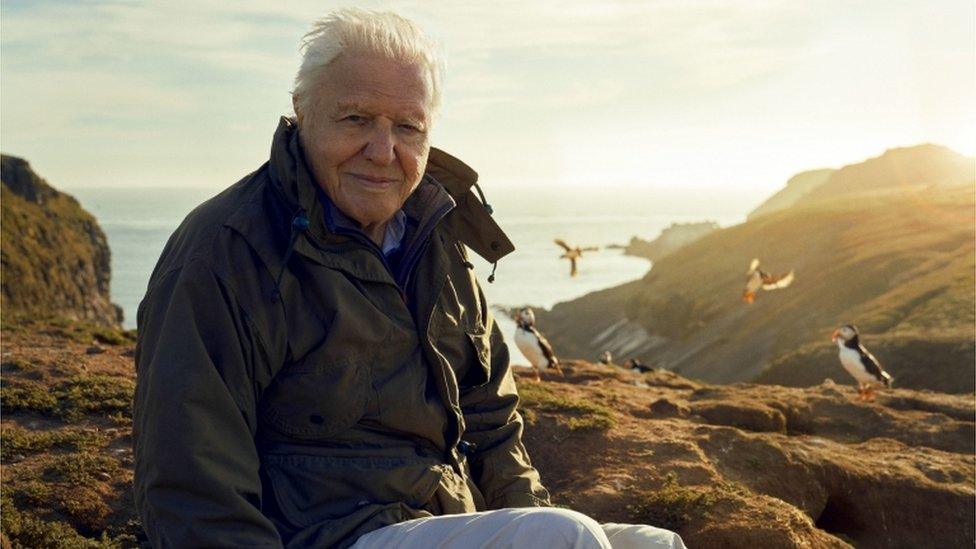
Wild Isles is being broadcast on BBC
Filmed over three years, Sir David Attenborough's new series Wild Isles has been described as unmissable, breathtaking and spectacular.
It shines a light on the biodiversity on our doorstep - a biodiversity that wildlife charities have warned could vanish within years.
The Open University, The Royal Society for the Protection of Birds (RSPB) and World Wildlife Fund (WWF) collaborated on the five-part series which examines the different habitats of the UK.
And the hope is it will inspire people to both appreciate and protect what is around them.
For Amy Burns, an estate manager for the RSPB in County Fermanagh, it is shining a light on something she sees every day.
"We don't have to go to the Serengeti, we don't have to go to the Arctic," she said.
"We have some fantastic wildlife here and some fantastic habitat and landscape, right here on our doorstep right now."
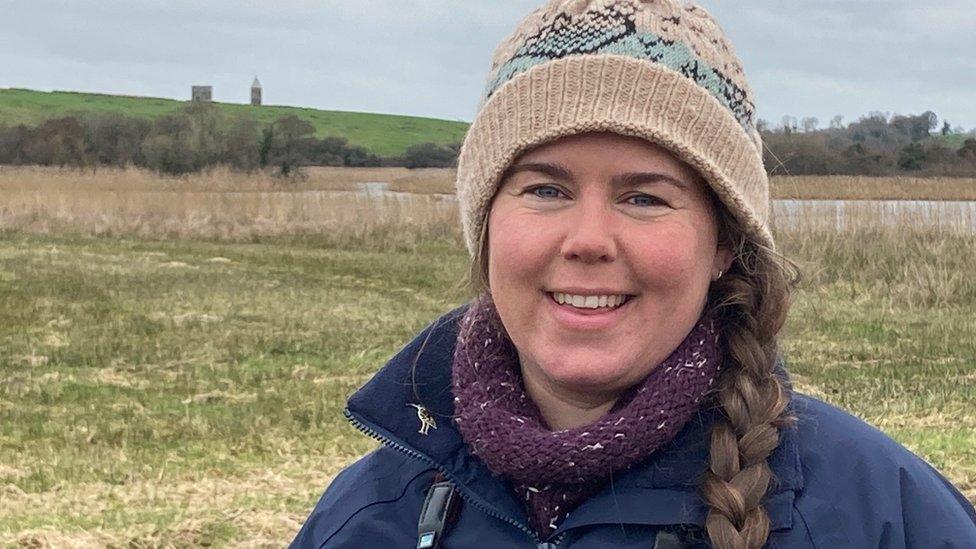
Amy Burns says the thought of further wildlife loss in County Fermanagh is heartbreaking
We are talking on Humphrey's Island, a restored wetland just outside Enniskillen, looking across to Devenish Tower.
The chill this morning has kept much of the wildlife it supports less active than usual, but overhead a lapwing is fluttering its way back to its nest and noisy gulls are getting their breakfast in the waters of Lower Lough Erne.
"You're just transported to a different place," Ms Burns continued.
"You know, when I mind stories that my granny would have told me about corncrake in Fermanagh, not being able to sleep with the sound of corncrake and that's a bird that we've lost.
"It's extinct in Fermanagh, but species like curlew, that we still have, that are very evocative for a lot of people - to see that potentially being lost is just heartbreaking."
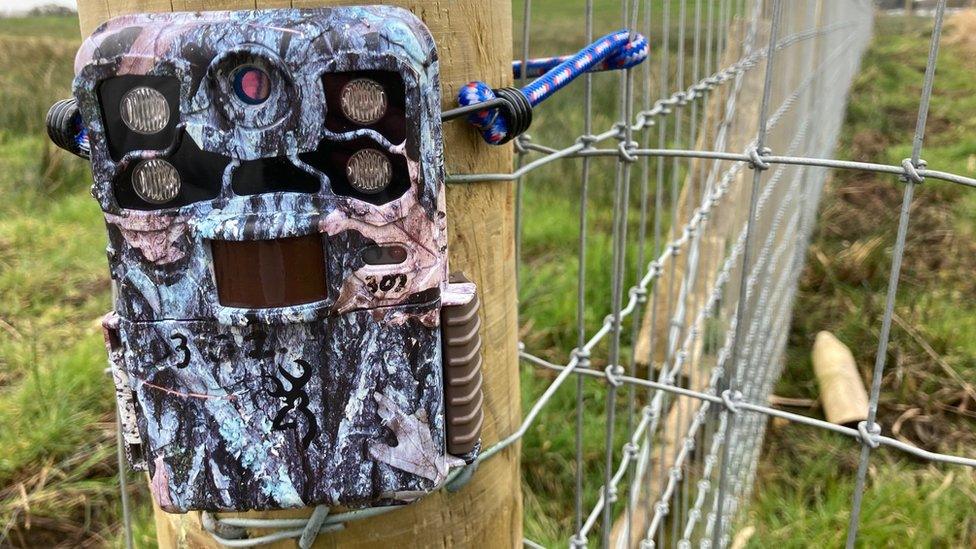
The RSPB use cameras to track wetland wildlife
Curlew and skylark can be heard on Humphrey's Island.
Work to protect the ground nesters here has included electrified fencing to prevent predators and cameras to observe their behaviours.
As well as grassland and wetlands, Wild Isles will also visit woodlands and coasts.
Just 0.04% of Northern Ireland's land cover is ancient woodland, and work is continuing to preserve what remains.
Northern Ireland ranks 12th worst in the world for biodiversity loss.
Wildlife charities have united for the first time to call for action, external as Wild Isles hits our screens.
And Ms Burns believes everyone can play a part.
"What people can really do is get out," she said.
"Get out and enjoy nature and get that connection with it so when there is a loss, you really do feel it.
"Through Covid and through lockdown people started getting out and they really started connecting with nature again, a sense of the nature in your place and knowing what's local to you.
"And once you're really passionate about that you're not going to want to see it lost."
Related topics
- Published8 June 2022
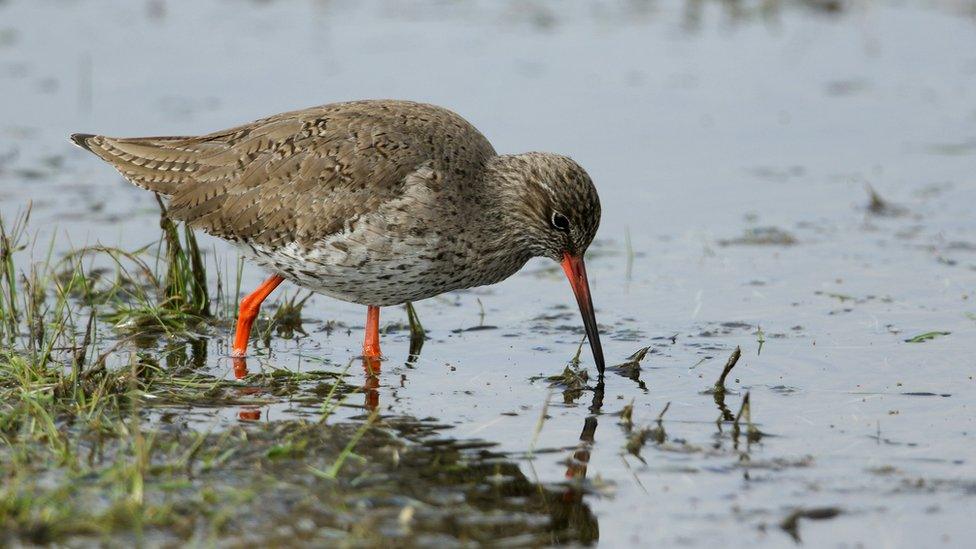
- Published1 August 2022
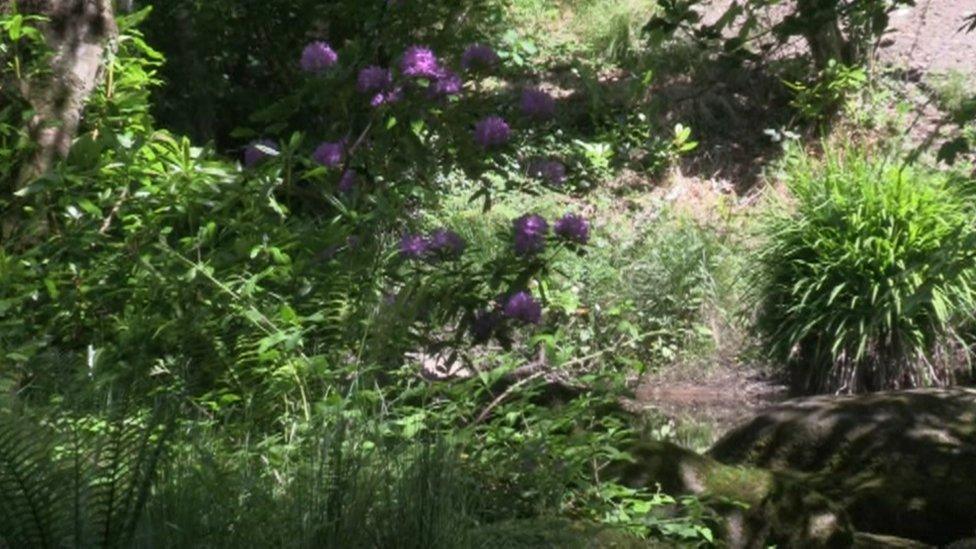
- Published2 February 2023
